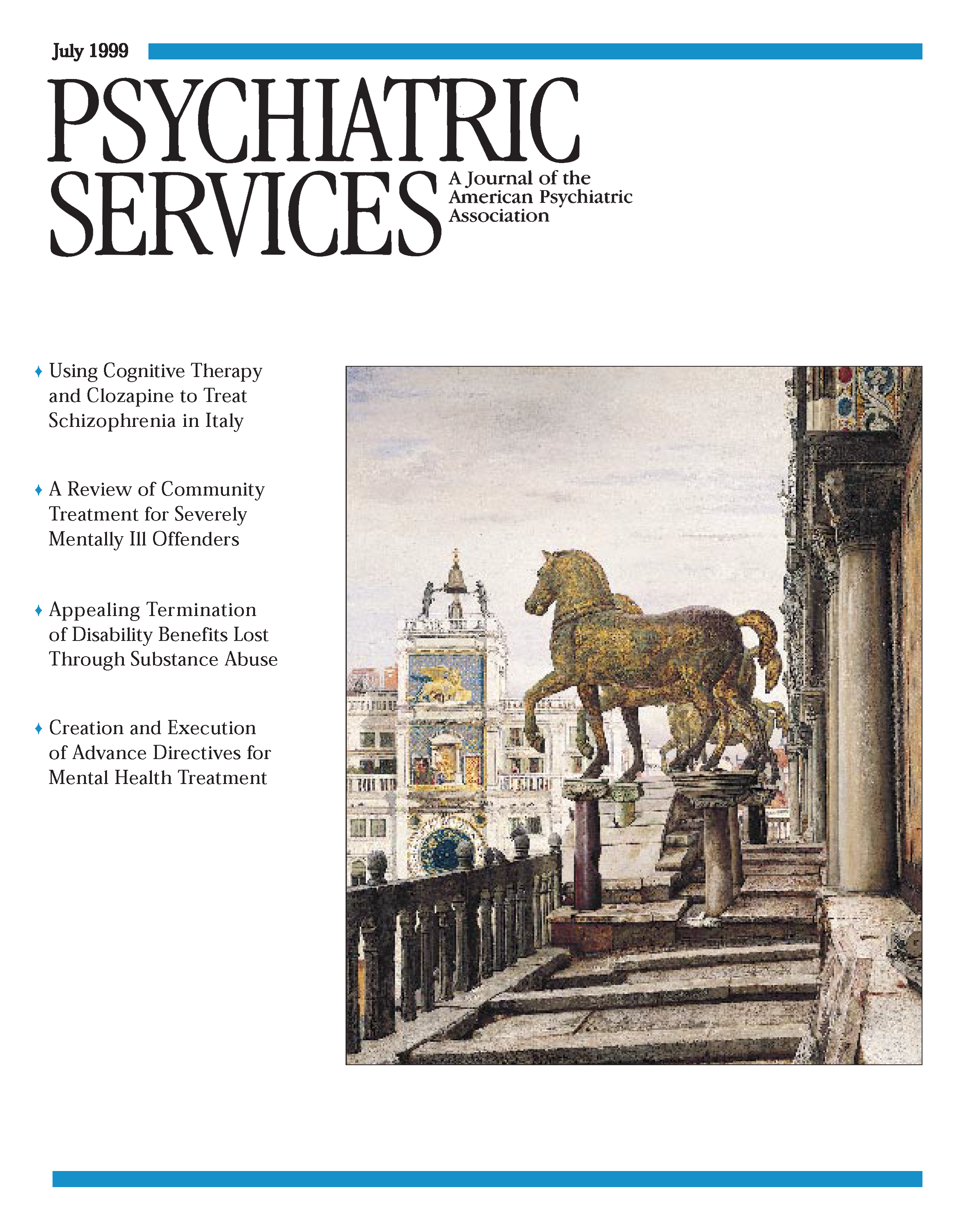Neuropsychology
Neuropsychology is the third volume in a Plenum Press series on Human Brain Function: Assessment and Rehabilitation. The editors of this volume are well-known and highly respected authors, clinicians, and researchers in the field of neuropsychology. Each of the chapters was written by neuropsychologists who have extensive clinical and research expertise in their respective domains in the field.
The material contained within each chapter is relevant, current, well written, and solidly referenced. The prospective reader will not find a jargon-filled, statistics-laden volume of the kind so often encountered in this type of literature. Quite the opposite, this book is, without exception, highly readable and informative.
The topics range in diversity from the neuropsychology of infants and young children (the chapter by Ida Sue Baron and Gerard A. Gioia) and the neuropsychological assessment of the elderly (by Paul David Nussbaum) to the evaluation of neoplastic processes (by Richard A. Berg) and assessment following neurotoxic exposure (by Lisa A. Morrow). In addition, an entire section has been devoted to the neuropsychological assessment of specific domains of functioning such as memory, visuospatial abilities, motor skills, and aphasia. For those unfamiliar with neurobehavioral assessments, the chapter entitled "Assessment Methods in Behavioral Neurology and Neuropsychiatry" will be of particular interest.
It is difficult to find reason to criticize this volume. However, in the preface, the editors state that one of their goals is to attempt to present the material from both a neuropsychological and a behavioral neurological approach. Except for the excellent chapter on "Assessment Methods in Behavioral Neurology and Neuropsychiatry," this is mostly a volume that emphasizes neuropsychological assessment. On my wish-list for a subsequent edition, I would like to see a chapter that educates health care professionals on how to decide when a neuropsychological assessment is warranted and in what ways a consultation or collaboration with a neuropsychologist would be beneficial in patient assessment, treatment planning, and rehabilitation.
In summary, Neuropsychology is a well-thought-out and useful text, one that serves equally well as an introduction to and a review of the rapidly expanding and increasingly specialized field of neuropsychology. This volume's particular usefulness lies in the breadth of topics covered, ranging from neurodevelopmental issues across the life span to the impact of neuropsychiatric and medical conditions on neuropsychological functioning. The book should easily be a useful reference for psychologists, psychiatrists, psychiatric nurses, health educators, medical and graduate students, and those who practice or anticipate practicing in multidisciplinary medical and mental health settings.
Dr. Mascoop is assistant professor of psychiatry at the University of Massachusetts Medical School in Worcester and a neuropsychologist at Medfield (Mass.) State Hospital.



